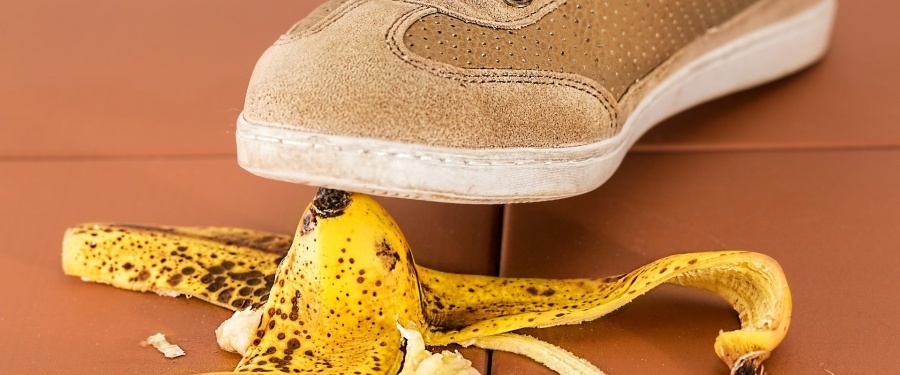When you take a fall and sustain a personal injury due to someone else’s negligence, you are entitled to compensation. However, those facts alone will not win a case. Instead, certain elements must be satisfied in order to be successful in your slip and fall accident case. With the right lawyer, it is uncomplicated to prove your case, but knowing and understanding the pieces of the puzzle ahead of time is helpful. The following are the four main elements of such a lawsuit:
- Owed Duty: the defendant in the case was the owner, controller or operator of the property.
- Damages: the plaintiff must have suffered injuries as a direct result of the hazardous conditions.
- Knowledge: the defendant either knew or should have known about the hazardous conditions that led to injury.
- Dangerous or Hazardous Condition: the condition of the premises that directly led to the injury must have been dangerous or hazardous.
Dangerous Condition
Someone tripping over themselves and minor defects are not enough to prove liability. While it seems it should be assumed the condition was hazardous if someone slipped or fell as a result, it must be proven in court. It also must be proven that the defendant either did know or should have known about the condition and did nothing to remedy the situation.
Previous Knowledge or Notice
This is one of the most important elements in a slip and fall accident case. In most cases, an expert will be called in to give testimony on the industry’s standards on care of the area. The condition must not only have been hazardous, but it must have been preventable. For instance, if someone drops a gallon of milk in a grocery store then slips on it, it is not reasonable for management to have prevented that case. However, if the floor had been slippery for 30 minutes and staff did not remedy the problem, there is a clear case.
Owed Duty
The person that is being sued must be in charge of the area in some way, either as an owner, a manager, or similar role. At a grocery store, a staff member might have been able to mop the slippery floor but they do not have an owed duty to the public as a manager or owner does.
Damages
There must be a real and provable injury in order to seek compensation. In many cases, these accidents are not reported until later, as the injuries later appear. But claiming the injury came as a result of the accident must be proven. Someone falling and also having a broken wrist does not mean the wrist was broken from the fall. However, witness testimony and medical records can prove that the two are correlated.
If you or someone you love slipped and fell as the result of the negligence of another, we can help. Contact us today for a consultation on your case.

